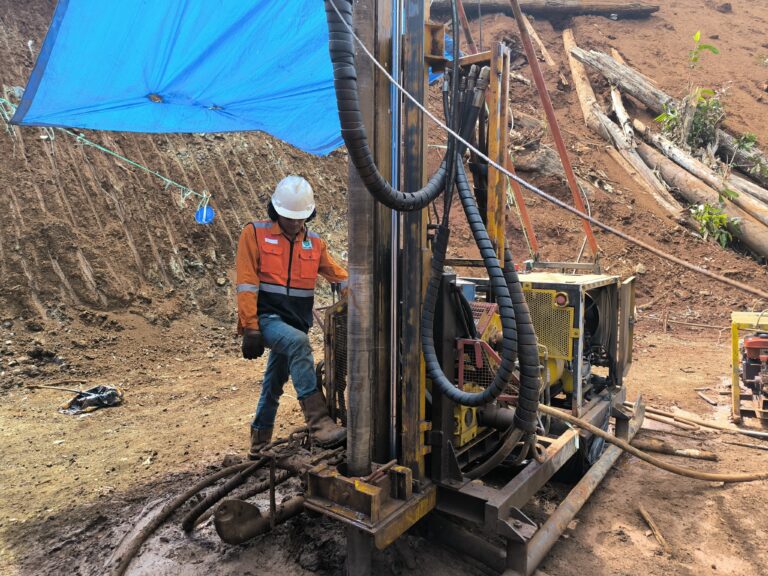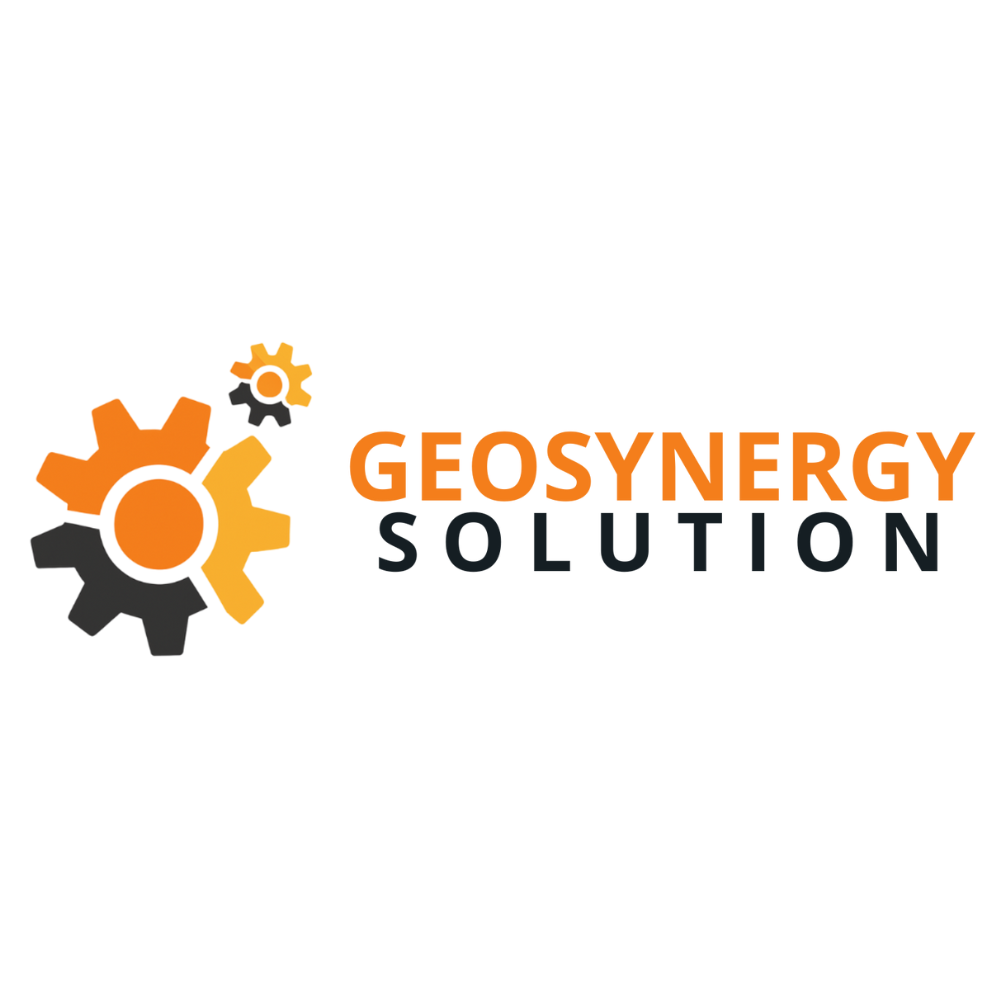
Geotechnical engineering plays a crucial role in coal mining projects across Indonesia and worldwide. From ensuring slope stability to managing groundwater and designing safe foundations, geotechnical expertise helps reduce risks and optimize mining operations. This article explores the major challenges faced by geotechnical engineers in coal mining and the solutions that make operations safer, more efficient, and sustainable.
What Is Geotechnical Engineering in Coal Mining?
Geotechnical engineering in coal mining focuses on understanding the behavior of soil, rock, and groundwater within mining areas. The main objective is to evaluate ground conditions and provide engineering solutions that enhance safety, minimize environmental risks, and support efficient extraction.
Key Challenges in Geotechnical Engineering for Coal Mining
1. Slope Stability in Open-Pit Mines
Coal mining often involves large open-pit operations. One of the most significant risks is slope failure, which can lead to accidents, production delays, and high financial losses.
2. Groundwater Control
Uncontrolled groundwater inflow can weaken slopes, flood mining areas, and increase operational hazards. Managing hydrogeological conditions is essential in maintaining safety.
3. Soil and Rock Variability
Coal mines typically involve highly variable geological conditions. This makes it difficult to predict soil and rock behavior during excavation, creating challenges in design and planning.
4. Environmental and Safety Regulations
Coal mining projects are subject to strict environmental and safety regulations. Failure to comply with these standards can result in legal issues, reputational risks, and project delays.
5. Equipment and Infrastructure Support
Heavy mining equipment and haul roads require stable ground. Without proper geotechnical design, ground settlement or instability may disrupt operations.
Practical Solutions in Geotechnical Engineering
Advanced Geotechnical Investigation
Detailed site investigation, including borehole drilling, laboratory testing, and in-situ testing, provides accurate data for designing safe and efficient mining operations.
Slope Stabilization Techniques
Engineers use methods such as slope reinforcement, retaining structures, and controlled blasting to improve slope stability in open-pit mines.
Groundwater Management
Installing dewatering systems, drainage channels, and monitoring wells helps reduce water pressure and maintain dry, stable mine conditions.
Geotechnical Monitoring Systems
Modern technology such as remote sensing, slope stability radar, and piezometers provides real-time monitoring to detect potential failures early.
Sustainable Mining Practices
Integrating geotechnical engineering with environmental management ensures compliance with regulations while reducing long-term impacts on ecosystems.
Conclusion
Geotechnical engineering is essential for the success of coal mining projects. By addressing challenges such as slope stability, groundwater control, and environmental compliance, geotechnical consultants provide solutions that improve safety, reduce risks, and support sustainable mining. Partnering with experienced geotechnical experts ensures that coal mining operations remain both efficient and responsible.

